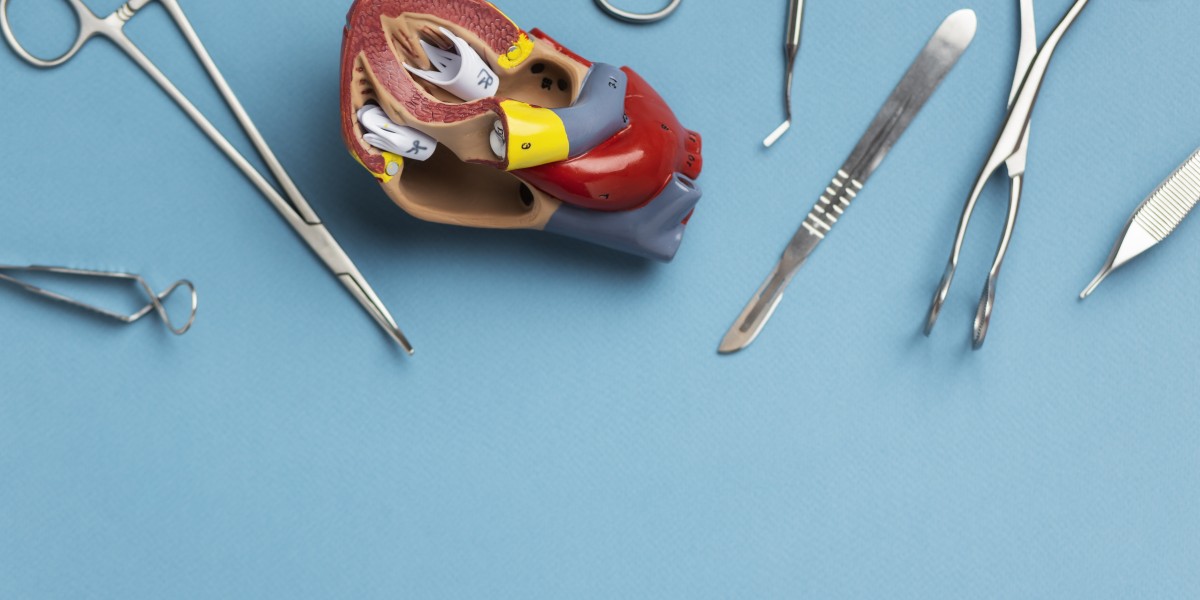What is the projected growth rate (CAGR) of the Japan Cardiac Surgery Instruments Market from 2025 to 2033, and what is the market value expected to change by 2033?
Japan Cardiac Surgery Instruments Market reached US$ 82.68 million in 2024 and is expected to reach US$ 166.65 million by 2033, growing at a CAGR of 8.1 % during the forecast period 2025-2033.
What is Japan Cardiac Surgery Instruments Market?
The Japan Cardiac Surgery Instruments Market covers surgical tools such as heart-lung bypass machines, vascular clamps, cannulas, retractors, and suturing devices used in procedures like coronary artery bypass grafting, valve repair, and congenital defect correction. Demand is driven by Japan’s aging population, rising incidence of cardiovascular disease, and advanced surgical infrastructure. Continuous innovations—such as minimally invasive and robotic-assisted instruments—are enhancing procedural precision and patient recovery. Expanding public and private hospital investments, along with supportive healthcare policies, further fuel market growth.
Download Free Sample PDF: https://www.datamintelligence.com/download-sample/japan-cardiac-surgery-instruments-market?sp
Top Key Companies:
Medtronic, Johnson & Johnson (Ethicon), Abbott., Siemens Healthineers, GE Healthcare, Boston Scientific Corporation, Terumo Cardiovascular Systems Corporation., Stryker, Koninklijke Philips N.V., and Edwards Lifesciences Corporation among others.
Market Segments:
By Product Type: Surgical Instruments, Cardiac Monitoring Instruments, Coronary Artery Bypass Grafting (CABG) Instruments, Heart Valve Repair & Replacement Instruments, Endoscopic and Robotic Instruments, Cardiopulmonary Bypass Equipment, Others
By Application: Coronary Artery Bypass Grafting, Heart Valve Surgery, Pediatric Surgery, Heart Transplant, Others
By End-User: Hospitals and Cardiac Centers, Ambulatory Surgery Centers, Others
Get Customization in the report as per your requirements: https://www.datamintelligence.com/customize/japan-cardiac-surgery-instruments-market?sp
Unlock 360° Market Intelligence with DataM Subscription Services:
https://www.datamintelligence.com/reports-subscription?sp
✅ Competitive Landscape
✅ Technology Roadmap Analysis
✅ Sustainability Impact Analysis
✅ KOL / Stakeholder Insights
✅ Consumer Behavior & Demand Analysis
✅ Import-Export Data Monitoring
✅ Live Market & Pricing Trends
Have a look at our Subscription Dashbord:
https://www.youtube.com/watch?v=x5oEiqEqTWg
About us:
DataM Intelligence is a premier provider of market research and consulting services, offering a full spectrum of business intelligence solutions—from foundational research to strategic consulting. We utilize proprietary trends, insights, and developments to equip our clients with fast, informed, and effective decision-making tools.
Our research repository comprises more than 6,300 detailed reports covering over 40 industries, serving the evolving research demands of 200+ companies in 50+ countries. Whether through syndicated studies or customized research, our robust methodologies ensure precise, actionable intelligence tailored to your business landscape.
Contact Us -
Company Name: DataM Intelligence
Contact Person: Sai Kiran
Email: Sai.k@datamintelligence.com
Phone: +1 877 441 4866
Website: https://www.datamintelligence.com






